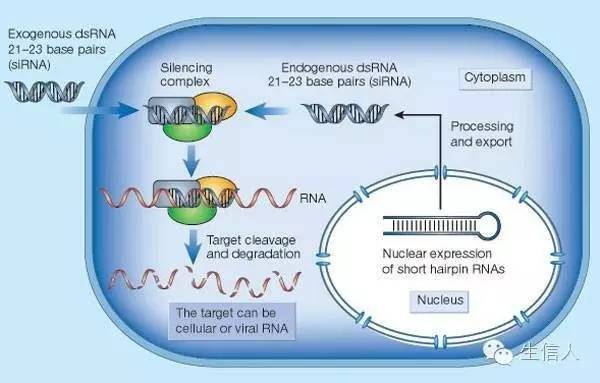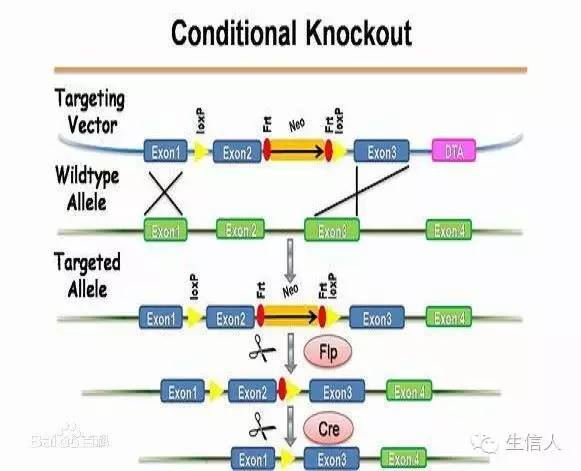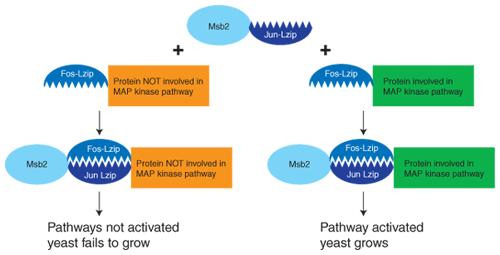Brief description of three commonly used gene function verification methods
I believe that everyone has such doubts. Huijun Bio has collected the following information in a targeted manner and hopes to help you. 1. RNA interference technology RNA interference (RNAi) refers to the phenomenon of highly-specific degradation of homologous mRNA induced by double-stranded RNA (dsRNA), which is highly conserved during evolution. Since RNAi technology can specifically eliminate or turn off the expression of specific genes, this technology has been widely used to explore the field of gene function and treatment of infectious diseases and malignant tumors. 2, gene knockout technology Gene knockout is a new molecular biology technique developed since the late 1980s. It is a technique for inactivating or deleting organism-specific genes through certain pathways. In general, gene knockout is mainly based on the principle of DNA homologous recombination, and the target gene fragment is replaced by a designed homologous fragment to achieve the purpose of gene knockout. With the development of gene knockout technology, in addition to homologous recombination, new principles and techniques are gradually being applied. More successful gene insertion mutations and iRNAs can also achieve the purpose of gene knockout. 3. Yeast two-hybrid The yeast two-hybrid system is a DNA binding domain gene and a transcriptional activator (such as GAL4) activation domain gene of a transcriptional activator (such as GAL4, etc.) of a yeast expression plasmid, respectively, which are to be studied, and constructed. A fusion expression vector is used to analyze the system of two protein interactions from the expression product. Direct interaction of proteins is an important way for proteins to play a regulatory role. If you want to study a certain gene to drive a certain function, you can integrate this gene and target gene into yeast to conduct interaction research to analyze its function. North Pacific Squid Ring,Seafood Squid Ring Frozen,Frozen Food Squid Ring Zhoushan Xifeng aquatic co lid. , https://www.xifengaquatic.com
To put it simply, if a gene controls the color of the flower to be red (for example), we use RNA interference technology to degrade the mRNA transcribed from this gene, and then look at the change in color, if not red, it means that this gene does have this effect. 

For more experimental projects, please contact us:
Enterprise QQ
Phone / 020-32053431
mailbox:
Official website:
          Https://fitgene.biomart.cn/
Address: D506, Guangzhou International Business Incubator, Science City, Luogang District, Guangzhou